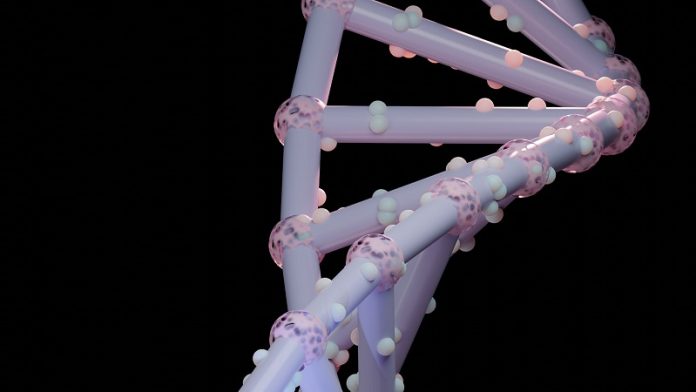
A global team of researchers, spearheaded by the experts at McLean Hospital, have scrutinized the genes in approximately 575,000 individual brain cells from individuals suffering from post-traumatic stress and major depressive disorders (PTSD and MDD), as well as from healthy individuals.
The study unveils new understandings of how the brain responds to stress in these conditions.
The findings, published in The American Journal of Psychiatry, may pave the way for identifying unique markers of PTSD and MDD and may help develop novel treatment options.
Previous research has pointed towards the dorsolateral prefrontal cortex (DLPFC) region of the brain being implicated in PTSD and MDD.
Hence, the scientists compared gene expression in the DLPFC cells from postmortem samples of individuals diagnosed with PTSD, MDD, and healthy controls.
They used a technique called single-cell RNA sequencing to determine gene expression across eight different types of cells.
Their analysis revealed that certain genes in DLPFC neurons and astrocytes (cells that support neurons) exhibited varying levels of expression depending on whether the individual had PTSD, MDD, or neither condition.
For instance, the study detected enhanced glucocorticoid signaling in the brains of individuals with PTSD.
Other pathways also showed differential gene expression across the study groups, hinting that these pathways may be disrupted in MDD or PTSD.
Some of the identified genes were located in a chromosome region often linked with neurodevelopmental and neurodegenerative disorders.
Implications
Nikolaos P. Daskalakis, the study’s senior author, highlights the potential of these findings in developing PTSD and MDD biomarkers to identify individuals at risk. He also stressed the relevance of the findings to the creation of targeted treatments with cell-type resolution.
The revelation of the involvement of the neuronal glucocorticoid signaling pathway suggests that neuron-specific glucocorticoid-based treatments could be a viable approach.
Future research, which will bring this study closer to clinical applications, could involve stem cell-derived cells.
Co-author Kerry J. Ressler points out that these stem cell-derived cells exposed to stress agents could replicate brain stress pathologies.
Additional research could include genetic and pharmacologic manipulations of these cells to understand mechanisms and develop therapies.
Conclusion
The editor-in-chief of the American Journal of Psychiatry, Ned H. Kalin, stressed the significance of this study, as it offers insight into the cellular and molecular level differences and similarities in the brains of those grappling with PTSD and depression, specifically in the dorsolateral prefrontal cortex.
The study’s findings could potentially lead to the discovery of new cellular and drug targets that may benefit individuals with these disorders.
If you care about depression, please read studies about vegetarianism linked to a higher risk of depression, and Vitamin D could help reduce depression symptoms.
For more information about mental health, please see recent studies that ultra-processed foods may make you feel depressed, and these antioxidants could help reduce the risk of dementia.
The study was published in the American Journal of Psychiatry.
Follow us on Twitter for more articles about this topic.
Copyright © 2023 Knowridge Science Report. All rights reserved.



